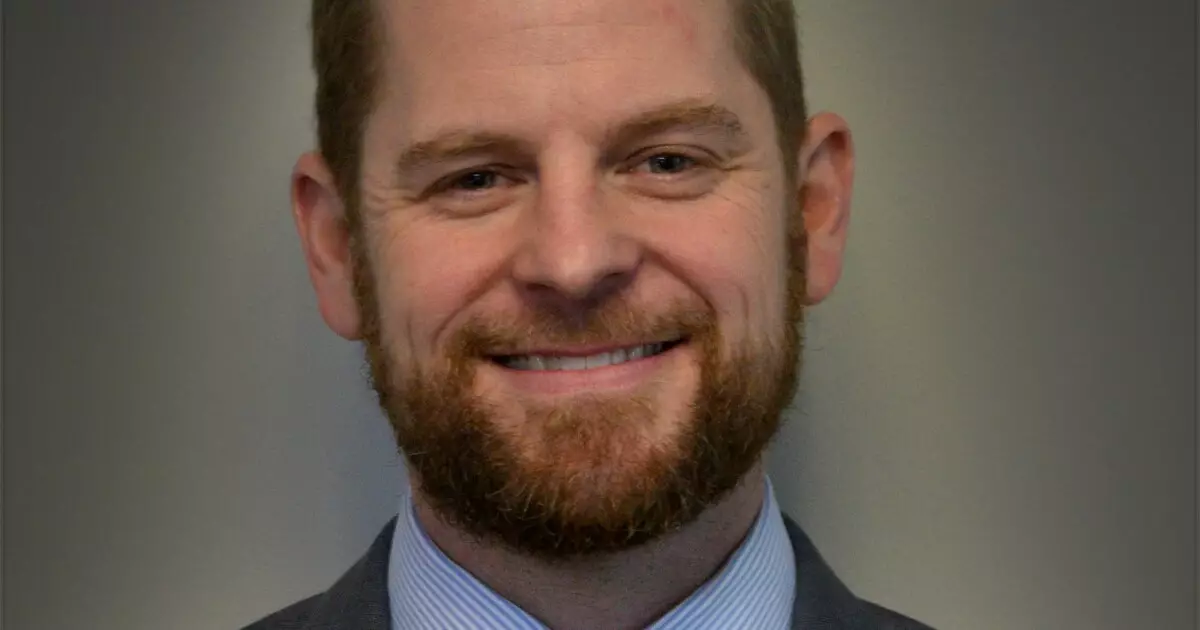As the fiscal landscape shifts amid ongoing budget negotiations, the fate of tax-exempt municipal bonds hangs in the balance. These financial instruments, pivotal for funding infrastructure, education, and affordable housing, are facing unprecedented scrutiny. The current proposals to cut the tax exemption threaten not only the financial stability of American municipalities but also hinder economic development efforts that shape the very fabric of communities nationwide.
Municipal bonds serve as a cornerstone for local governments seeking to finance a myriad of projects, from educational institutions to public utilities. Without tax-exempt status, these bonds could see a sharp decline in attractiveness to investors, drastically raising the costs for municipalities. As highlighted by experts in the field, losing this tax exemption could lead to an increased capital cost of approximately 35-45%. In a climate where many local economies struggle to maintain momentum, such a financial burden could stifle growth, transforming viable economic pursuits into unattainable dreams.
Furthermore, the implications extend beyond immediate funding concerns. The housing sector particularly relies on these bonds for affordable, senior, and workforce housing projects. In an environment where the housing crisis looms large, the removal of tax-exemptions could forego critical funding avenues, exacerbating systemic inequalities in housing availability and affordability.
The potential removal of tax exemptions for municipal bonds arose from a compilation of budget cuts circulating in Congress. Amongst the proposals, the projected savings from axing tax-excluded municipal bonds and private activity bonds (PABs) reached staggering estimates—over $250 billion over the next decade. Yet such a focus on budgetary savings fails to reckon with the broader economic consequences. The financial repercussions of such a decision may thwart the very economic growth Congress seeks to foster through other legislative measures.
Critically, the proposed cuts reflect a paradox in the current administration’s approach to financing projects that have historically relied on PABs. Interestingly, former President Trump himself has benefited from such financing in his real estate ventures. This dissonance raises critical questions about the ideological and practical obstacles that surround these financial mechanisms. The urgency for advocates lies not only in rallying support from municipal leaders but also in dispelling the fog of misunderstanding surrounding the importance of these financing tools.
In response to these challenges, organizations like the Council of Development Finance Agencies (CDFA) have mobilized advocacy efforts aimed at preserving the tax-exempt status of municipal bonds. By launching educational campaigns, conducting online briefings, and organizing major conferences in Washington, these groups aim to illuminate the conversation for lawmakers and the public. This concerted effort emphasizes the necessity of municipal bonds as a vital tool for community development—a point that remains invisible to many community leaders who are not fully informed about the nuances of federal finance discussions.
Strategically, the advocacy campaign underscores the need for a united front among traditional bond issuers and the financial community. By fostering relationships with lawmakers from both parties, the CDFA hopes to champion the cause of tax-exempt bonds while navigating the complexities of bipartisan support on Capitol Hill.
The battle for the future of tax-exempt municipal bonds is emblematic of broader economic and social challenges facing the United States. As stakeholders emphasize the importance of these bonds for infrastructure and community growth, it is essential that legislators fully grasp the long-term ramifications of budgetary cuts to such critical funding mechanisms.
With heightened advocacy efforts, ongoing educational initiatives, and a concerted push for bipartisan support, the future of municipal bonds remains uncertain but far from bleak. As economic leaders seek to protect the interests of their communities, the journey to preserve these essential financial tools will require the collective action of advocates, lawmakers, and everyday citizens to ensure that the fundamentals of community growth are not left vulnerable in the shifting landscape of federal finance.


Leave a Reply